As a small business in Ontario, having the right amount of capital can mean the difference between success and failure of your business.
In most cases, small business owners borrow money in order to use it towards the expenses and the various costs of starting up. This is a common practice by many entrepreneurs, using the borrowed money to grow and succeed with business.
As long as you are borrowing smart you have nothing to worry about.
While there are many different ways you can borrow money, today we’re going to be talking about borrowing money from the Ontario government, or the federal government of Canada, in comparison to borrowing money from a traditional bank in the form of a small business bank loan.
Money is money, but what may impact your small business are the conditions that are placed on the borrowed money. Knowing more about these conditions is what’s crucial to understanding and optimizing these funds.
Government loans for small business owners in Ontario
The Ontario government, along with the federal government of Canada provides government loans as well as many other different types of funding programs which small business owners may benefit from.
This money is given to business owners across Ontario in order to help boost the provincial economy through creation of jobs and taxes.
There are different types of government loans that you should be made aware of:
● Guaranteed government loans
● Low interest government loan
● No interest government loans
● Conditionally repayable government loans
Each type of government loan being provided may have its own benefits.
The guaranteed government loans help you by ensuring that you have a co-signer. The co-signer in this case is the Ontario government. So if things don’t go as planned, you’re not on the hook for the full borrowed amount. Instead the funding agency helps cover a percentage of the fund. This way both of you share the risk.
Low interest and no interest loans offered by the Ontario government are very helpful because they often have better terms than any traditional bank loan. Most of the terms through these government funding agencies are negotiable. Allowing you to walk away with better options than you would with a traditional bank loan.
The conditionally repayable loans are also an excellent source of funding for your small. The conditions may vary from business to business and are often negotiable in order to have the best chances of success for you as a business owner. Some may have conditions such as not having to make a payment until you hit success and profit, or not having to pay interest on any amount borrowed for 12 months; or making a
payment based on your profits each month rather than a interest rate based repayment.
The government loans that are provided to small business owners across Ontario are crucial in order
to help cover various costs. These costs can range from the initial start up costs, to the month to month operational cost and expenses.
To be eligible for a government loan, a business plan is one of the first steps that you should spend time on. Your business plan should be very clear and explain your business growth, provide a clear breakdown of your funding needs and how you plan on using the borrowed money, as well show potential in terms of your financials and show if all is to go as well as plan.
This business plan will be the document that you use to apply for government funding and loan programs.
Traditional small business bank loans
A bank loan is simply a bank loan.
Often people think that a bank loan is the safest option because it’s option because it’s being provided to you through the bank that you regularly visit and do it your personal banking with.
It’s easy.
Visit your bank, ask to apply for a loan, fill out a form, sit back and wait for approval.
While it seems easy, it’s often a pitfall, or a mistake that many small business owners make by choosing to go with the bank loan before considering other options.
Why is it a pitfall you ask?
Bank loans often have high interest rates. The terms are often set in stone and not very negotiable. Banks don’t really care much about your business, and only care about the profits they will make off of your borrowing. If you are a startup business, borrowing money from the bank to start up is extremely difficult.
If you don’t have business credit, and you don’t have past history due to simply being a startup, the conditions placed on your account and you’re borrowing me borrowing maybe even worse.
While you may apply for a bank loan on the personal level, your personal credit may be impacted and you may be on the hook for the 100% of the borrowed money. This may also impact your personal credit if things are to go bad with the business.
While you may be able to use personal assets such as the value of your vehicle, or your home as collateral towards the loan, it is not always recommended.
Generally speaking, government loans offer better terms, better conditions and are optimized more for helping a small business owner start up or expand their business than a traditional small business bank loan.
Keep in mind that a traditional bank loan has a purpose. This purpose is to give you the money so you can pay it back with interest. While the same may be true for a government funding program, more resources are put to wards a small business owner to succeed as the government has a lot more to gain than just the interest on your payments.
If you succeed as a small business owner you are paying taxes, this creates a life long cycle of returns for the government.
No matter the type of government loan or business loan you opt for, always do the necessary research and determining what it is that your business can actually afford to pay each month if necessary to cover the cost of these loans.

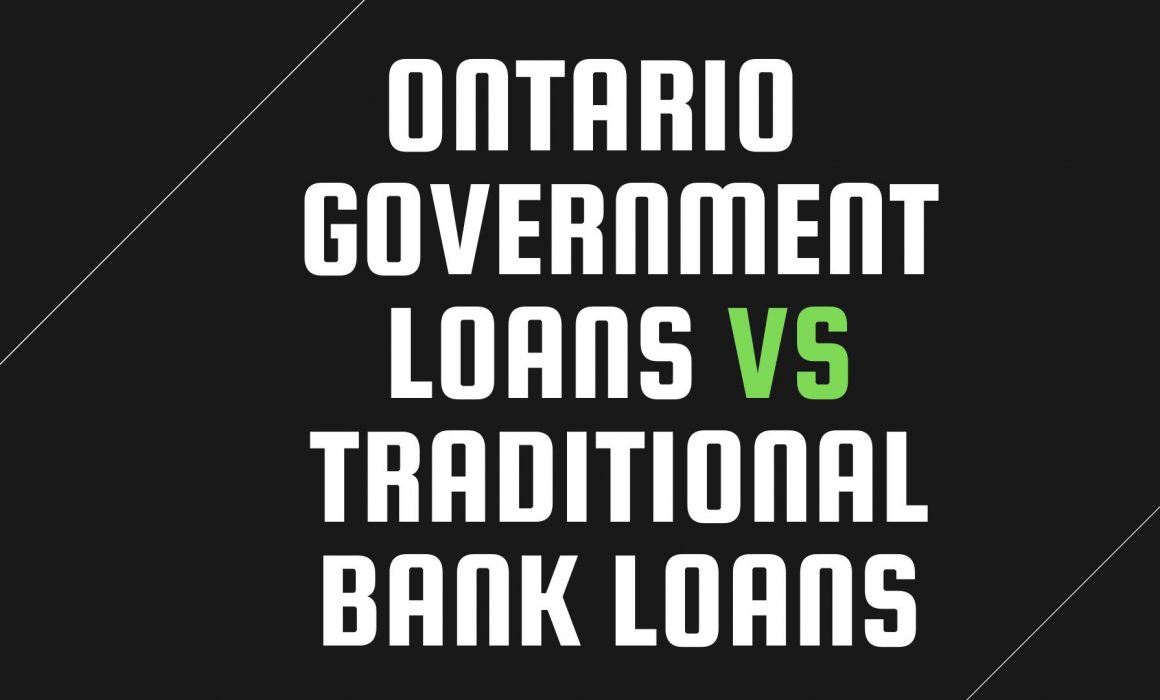
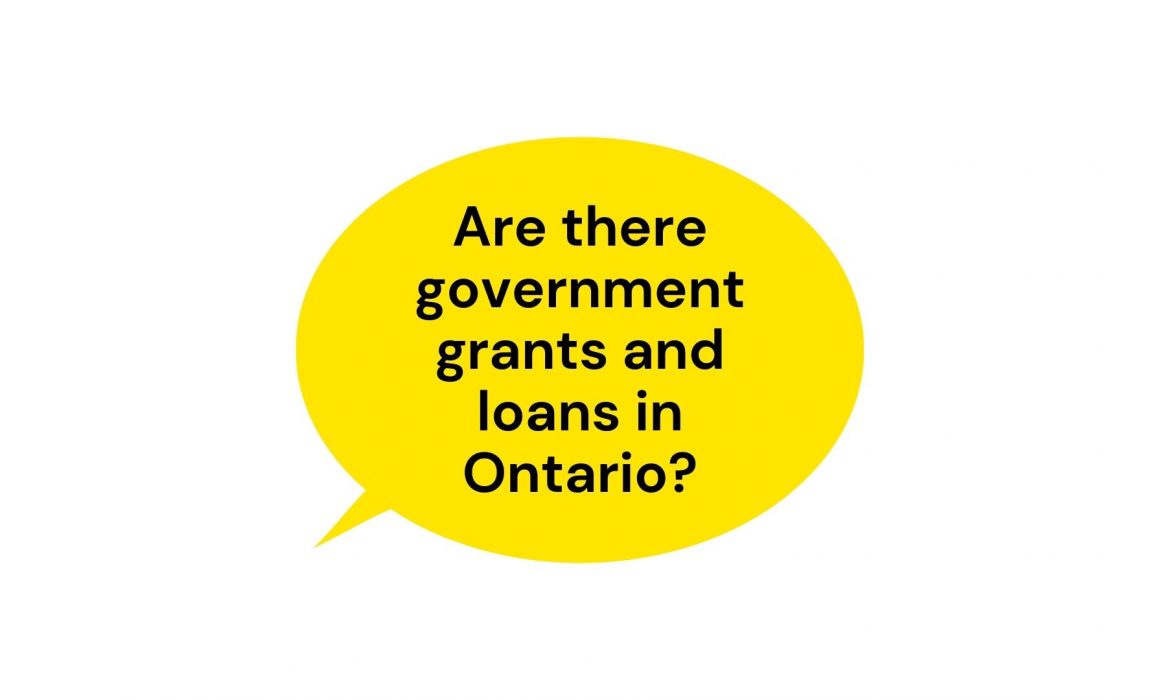
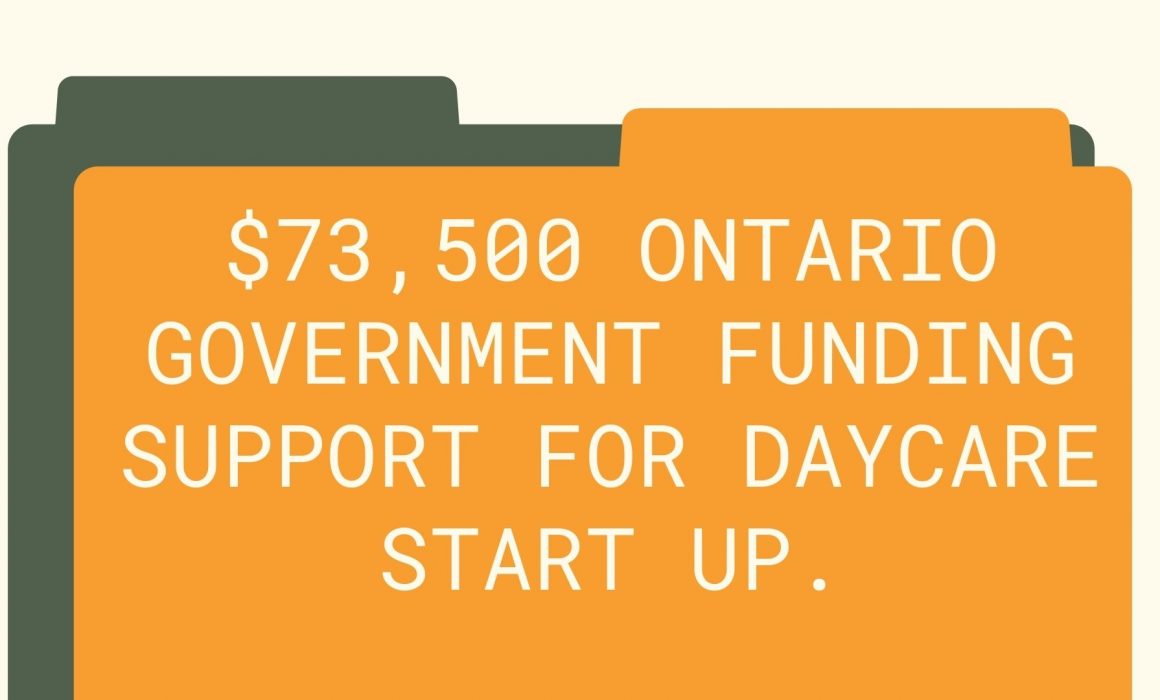
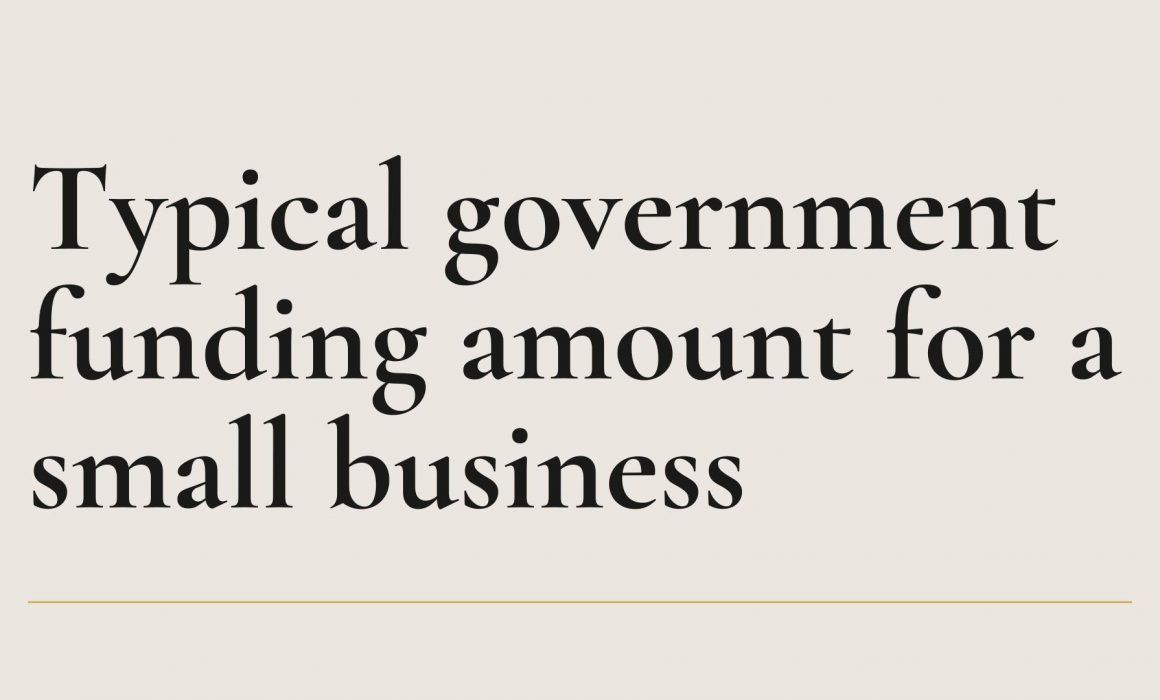
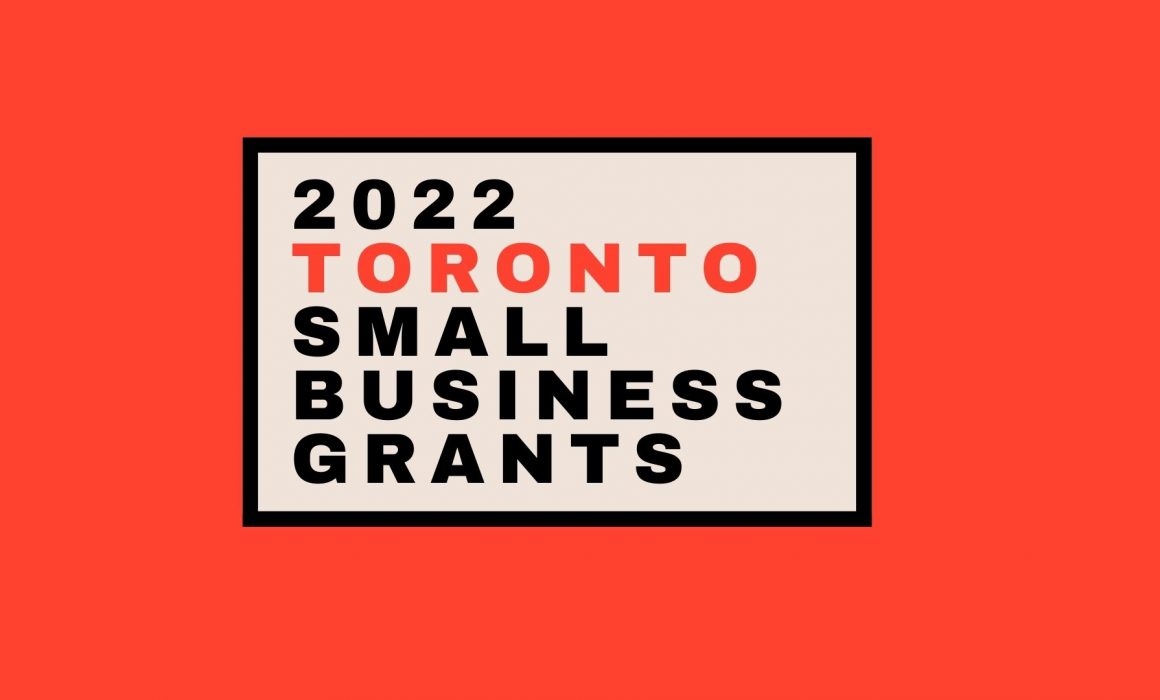
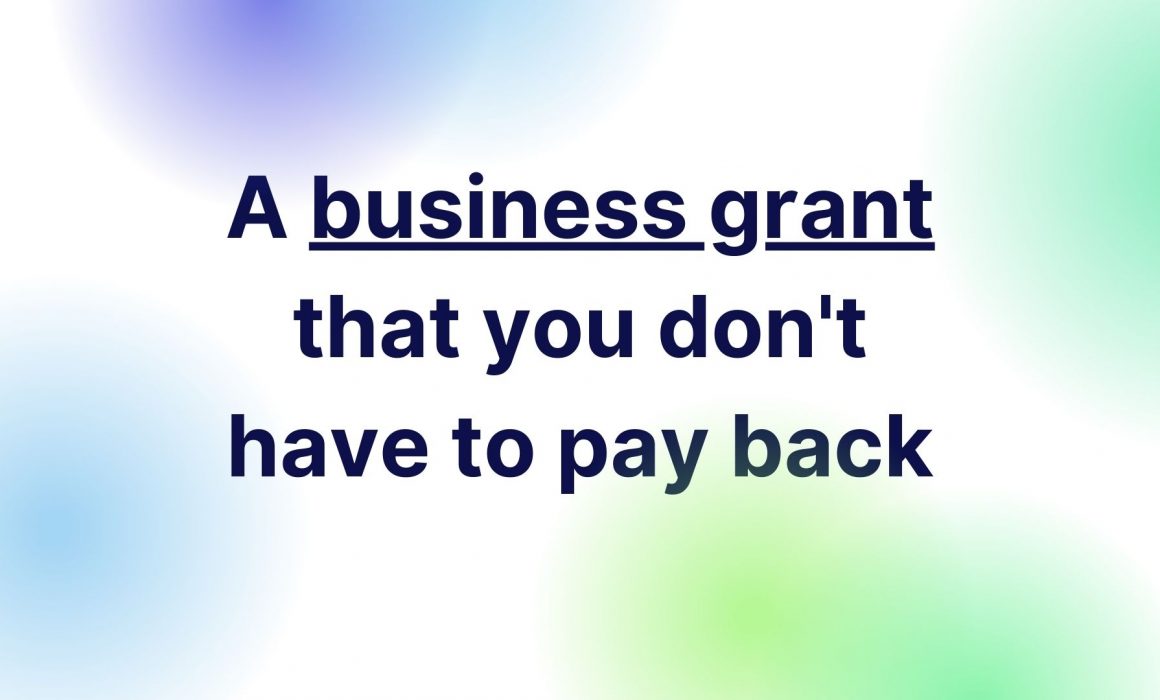
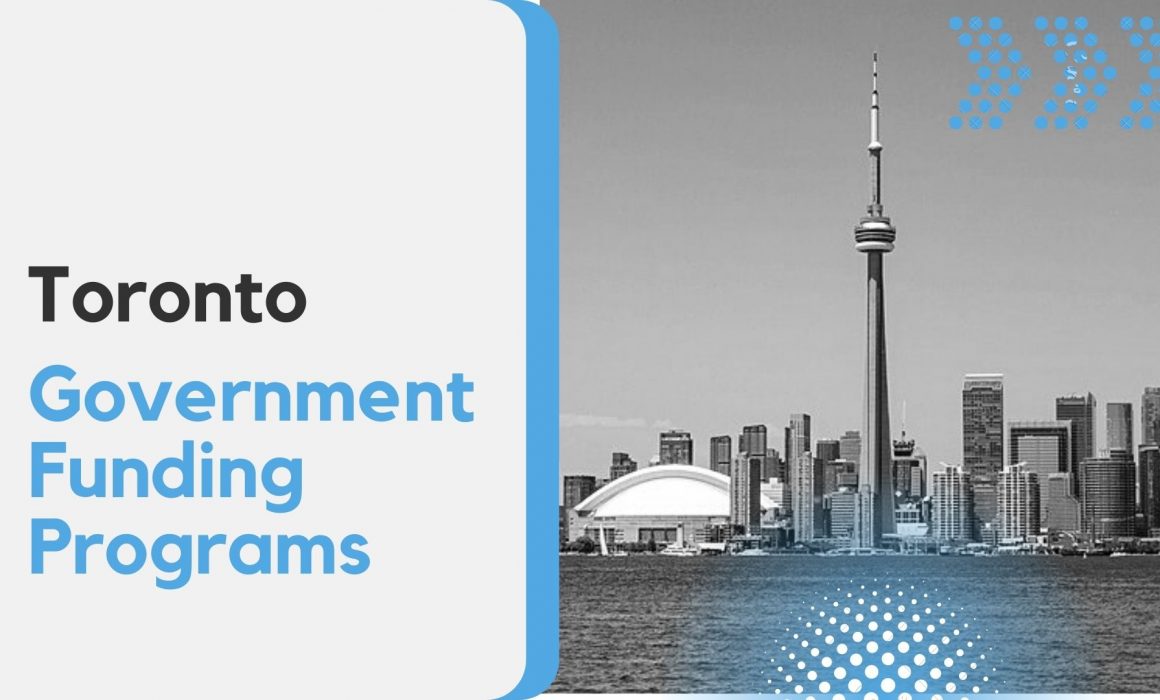
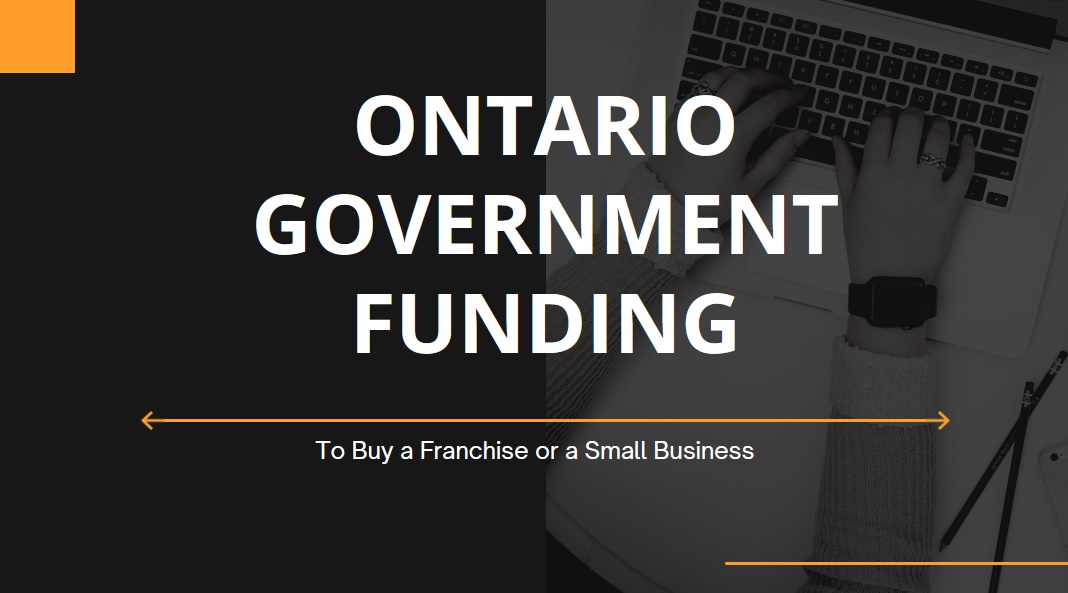
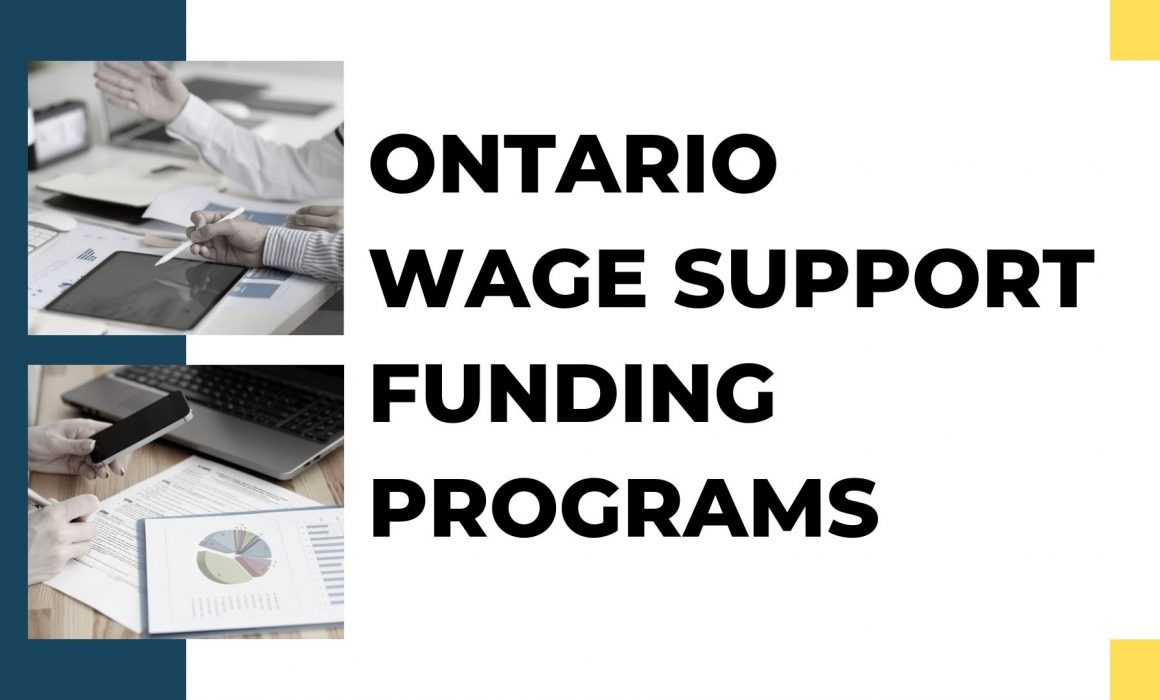
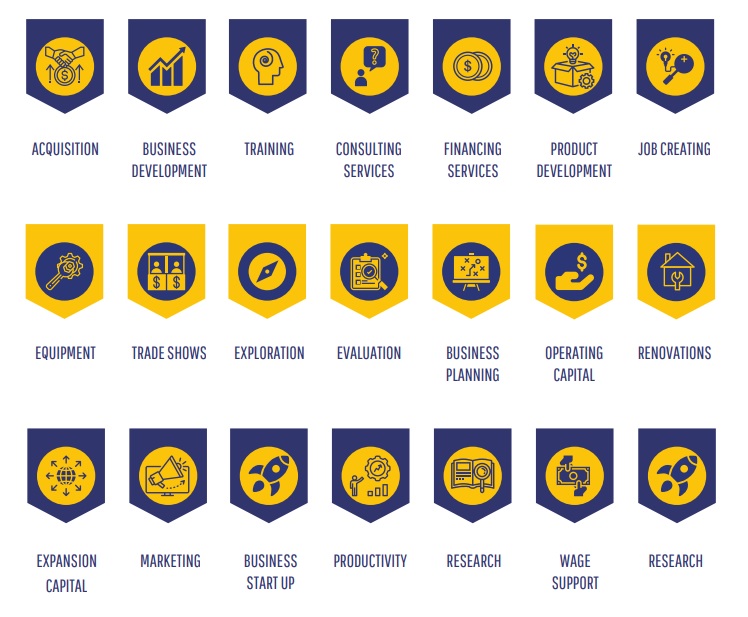

Recent Comments